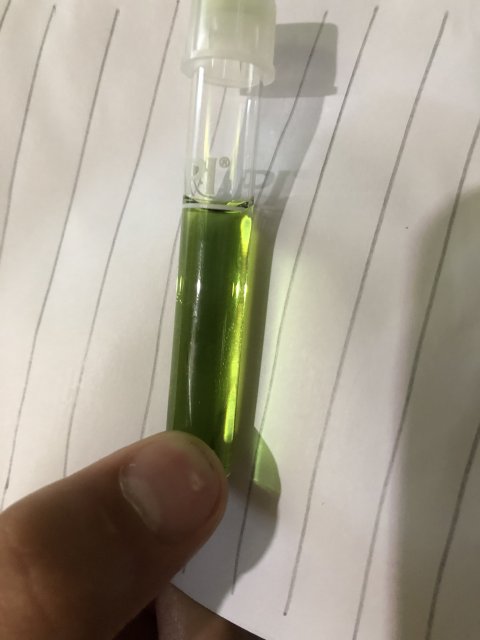Have been out of the hobby a few years and wanted to get back in again, I was always on well water and kept many fish for years without issues and rarely tested water. I am now on town water and though they said there is no chlorine i got some Prime anyway. Problem is there is up to 0.25 Ammonia in the town water and my new tank which should be cycled still has or is slow to process all the Ammonia after a large WC to get rid of the high Nitrate after the cycle. And Prime seems to only detox Ammonia for 24-48 hours.
In the past i used cycled filters/media to start a new tank and added fish most of the time right away and just did a lot of WCs at first. There are some fish i planned to get right away, thinking the cycle was over, that i have wanted a long time and may not be able to get them again or at least not for quite a wile. But if i get them and do even daily WCs am I adding too much Ammonia back into the tank for the fish to handle if the filters are not taking it out quick enough?
In the past i used cycled filters/media to start a new tank and added fish most of the time right away and just did a lot of WCs at first. There are some fish i planned to get right away, thinking the cycle was over, that i have wanted a long time and may not be able to get them again or at least not for quite a wile. But if i get them and do even daily WCs am I adding too much Ammonia back into the tank for the fish to handle if the filters are not taking it out quick enough?









